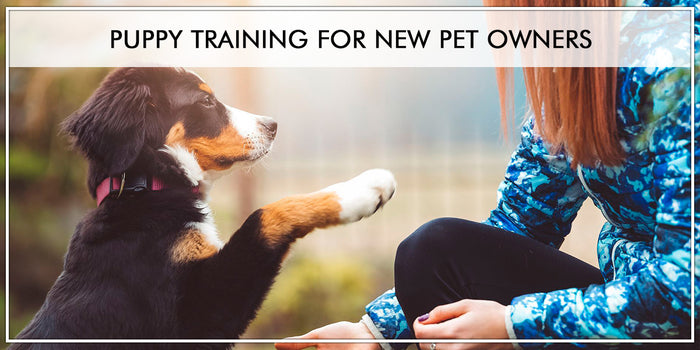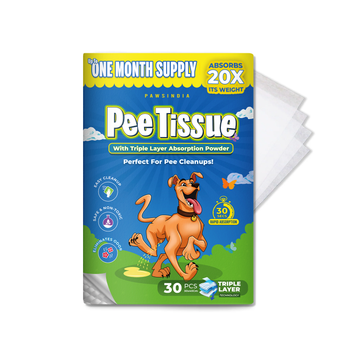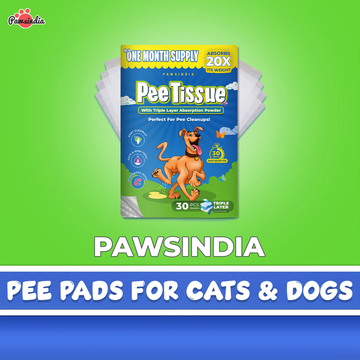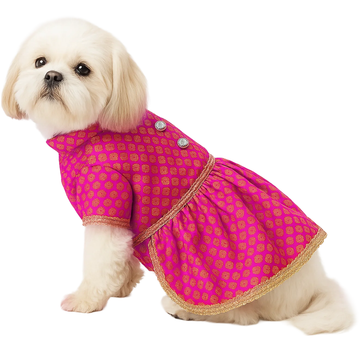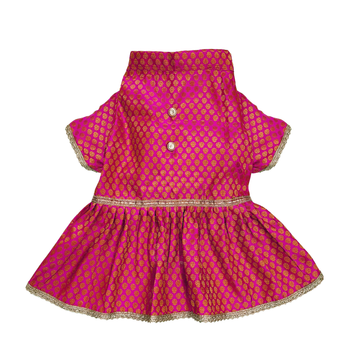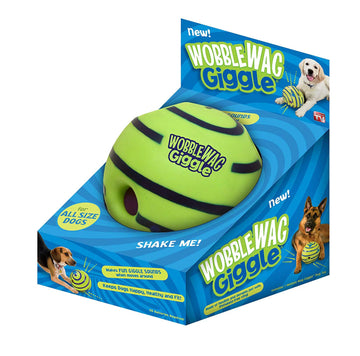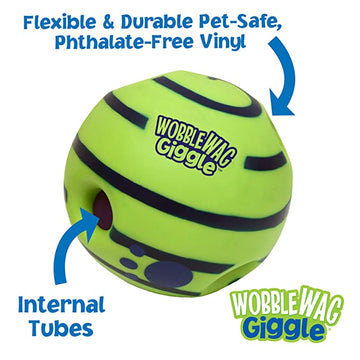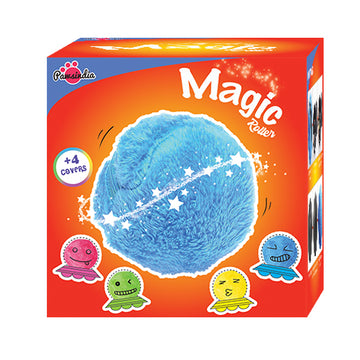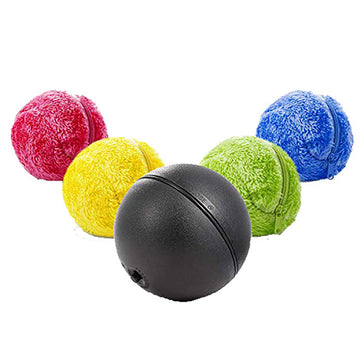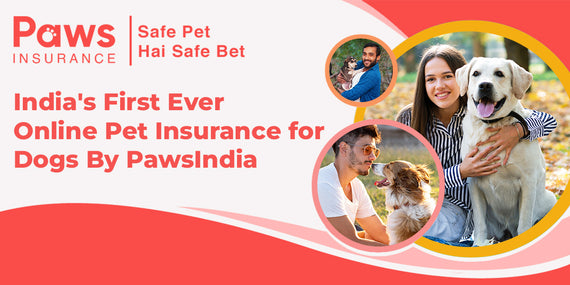15 Most Important Puppy Questions to ask
It's always thrilling to welcome a new family member, but in other circumstances, it may be your first pet. It's wonderful to go on a shopping spree for new puppy goodies, but learning about what to expect with your new puppy is just as vital. You may have a lot of questions when you bring home that lovely bundle of fur, whether you're new to puppy ownership or a seasoned puppy parent. To assist you, we've compiled a list of ten of the most common puppy-related questions.
Here are some frequently asked questions that may be of use to you and your new puppy.
- What is the most effective technique to housebreak my puppy?
Positive reinforcement is the most effective and efficient method of training. When your puppy eliminates in the proper spot, praise him right away rather than waiting until he returns inside. Praise can come in the form of verbal, physical, or both forms, and it's sometimes accompanied by a treat. If your puppy goes to the bathroom in an improper location, a firm "No" can be useful, but only if you catch him in the act. Puppies have limited memory and are unable to associate delayed scolding. The optimum time to train is before and after a meal, when you may go outside frequently.

- When will my puppy be allowed to go to the dog park?
You should expose your puppy to as many people, places, and experiences as possible during his first three months of life, but there is one major caveat: If he hasn't received the necessary vaccinations, it's not a good idea to take him to public places like the dog park, where he could contract a deadly disease like parvo. The dogs at the dog park may be sick or aren't up to date on their vaccinations. It's not worth the danger; instead, wait until your veterinarian has given you the green light.
- How do I deal with biting that isn't appropriate?
Teething puppies under the age of seven months will naturally "play bite." You must teach your puppy that this isn't acceptable behaviour. The simplest method to accomplish this is to redirect the biting away from you and toward a designated dog toy from Pawsindia.

- Can my puppy eat human foods?
Dogs are poisoned by a lot of human foods. Knowing which foods are harmful to dogs is critical. Chocolate, onions, garlic, grapes, dairy, any fruit with seeds or pits, caffeine, and anything branded sugar-free are all frequent foods to avoid (the common sugar replacement, xylitol, is very toxic). Excessively fatty foods, such as leftover pork, can potentially cause digestive problems and even pancreatitis in some people.
- What is the best way to get rid of fleas on my dog?
Flea Control that is successful includes treatment of both pets and the environment.
This is a difficult task that requires a three-pronged approach. Fleas must be eradicated from the following areas:
- Your canine companion
- Do you have any other cats or dogs in your home?
- Your residence and yard (environment)
Because you cannot control some external sources of fleas, such as other people's dogs, wild animals, or other property outside your own, continuous prevention is vital once your dog's fleas are under control.
- What flea treatment should I use on my dog?
Although many over-the-counter flea washes, sprays, and powders will kill adult fleas on your dog at the moment of application (at your local store), their effectiveness may be restricted because they only act for a few hours. The majority have no long-term impact, which means your dog will be infested with fresh fleas from the surroundings the next day.
- When should I begin grooming my dog with a long coat?
We recommend having your long-coated dog groomed around the time of their second/final booster immunizations. A professional puppy grooming service can assist you in introducing your dog to the process. It's critical to acclimate your puppy to being groomed and all it entails, including humans, touching his face, paws, and ears, new noises, and other dogs. We strongly advise that dogs such as Poodles and Poodle mixes, Bichon Frises, and Schnauzers begin grooming as soon as possible.
- What is the best way to look after my puppy's teeth, ears, and nails?
Practising good dental hygiene at an early age is never a bad idea. Fortunately, there are simple ways for us to give this to our puppies. Brushing your puppy's teeth daily is the gold standard, and we recommend starting slowly to get your puppy used to it. Begin by letting your puppy taste the pet-safe toothpaste, then progress to wiping a few teeth with your finger or gauze, and finally a toothbrush.

- When will my puppy be allowed to go to the dog park?
You should expose your puppy to as many people, places, and experiences as possible during his first three months of life, but there is one major caveat: If he hasn't received the necessary vaccinations, it's not a good idea to take him to public places like the dog park, where he could contract a deadly disease like parvo. The dogs at the dog park may be sick or aren't up to date on their vaccinations. It's not worth the danger; instead, wait until your veterinarian has given you the green light.

- What can I do to stop my puppy from chewing on everything?
I'm not sure how I'm going to get my puppy to stop chewing on things. You could be to blame if your dog chews up your beloved pair of shoes or gnaws at the table leg. Chewing is, after all, a natural dog behaviour. If you leave something appealing in front of a young puppy's path, he'll almost certainly eat it up. That's why it's up to you to puppy-proof your home and enlist the help of your entire family. Get an object out of your puppy's reach if you believe he might eat it, no matter how unusual it seems. Another reason crates are so handy is that they keep your dog out of mischief. While you're at it, make sure your puppy has plenty of chew toys. Food puzzle dog Toys and interactive toys are good ways to keep his mind busy. No need to go hunting for dog toys online. You can find just the right kind of dog toys according to their age and need on Pawsindia. This is also a good moment to teach him the "drop it" instruction, which will help him avoid consuming anything unsuitable or dangerous.

- How much sleep do Puppies need?
All that chasing around may exhaust a puppy! Keep in mind that puppies are continually developing, and sleep is necessary for the development of their central nervous system, immune system, brain, and muscles. A puppy's daily sleep routine should consist of roughly 15-20 hours of sleep in general!
- What Is the Appropriate Feeding Frequency for Puppies?
Adult dogs should be fed smaller, more frequent meals, while puppies should be fed smaller, more frequent meals. Your veterinarian can advise you on the optimal feeding plan and portion amount for your puppy. Puppies between the ages of 6 and 12 weeks should be fed four times a day, according to most feeding guidelines. Feedings can be reduced to three times a day between the ages of 3-6 months. Feedings twice a day should be adequate for puppies 6 months and older.
- What do puppies eat when they grow up?
You can seek advice from your breeder and veterinarian on the best brand and type of food to feed your puppy at this stage of development. Puppies in growth should eat puppy chow that has been particularly made to offer the nutrients they need to power their growth spurts!
- Which vaccinations does my puppy need?
The dog immunisation schedule may differ depending on the weather, laws, vaccine availability in your area, or your veterinarian's preferences. Every pet is unique. Your cat or dog may react to a vaccine differently than any other cat or dog on the planet. Your veterinarian, on the other hand, might be the best person for the job. If you've read about your furry friend's immunisation regimen! Recognizing vaccinations aids the immune system's preparation for the invasion of microbes. Antigens in vaccines appear to be receptors into the system, but they do cause sickness.
According to the Canine Task Force of the American Animal Hospital Association, the following dog vaccinations are essential:
Core Vaccination for dogs:
- Canine parvovirus
- Canine distemper
- Canine hepatitis
- Rabies
- When should my puppy be desexed?
To avoid unwanted progeny, puppies should be spayed or neutered before reaching sexual maturity (typically around 5 or 6 months old). Larger breeds may benefit from a lengthier delay in specific instances. Consult your veterinarian to determine the optimum time to desex your puppy.
Help Your Puppy Adjust To A New Home
It's great to welcome a new puppy into your house, but the early days can be quite stressful for both...
on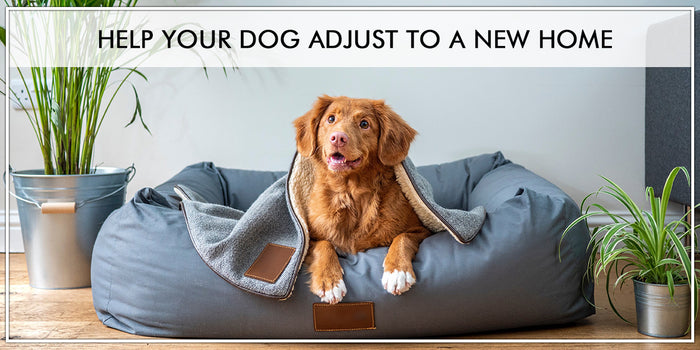
Puppy Training For New Pet Owners
Training helps your puppy develop into a confident, well-behaved dog who can accompany you to a variety of situations. Play...
on